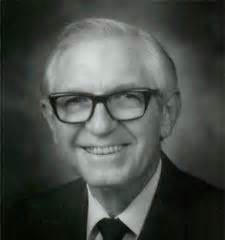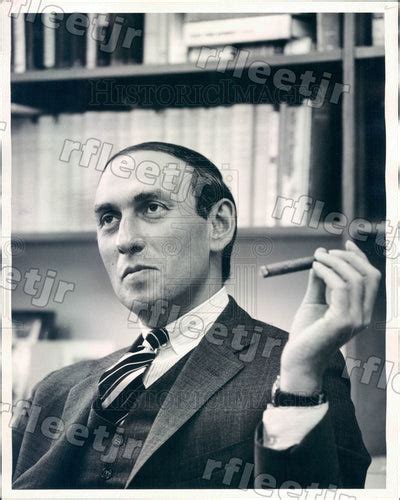A Quote by Stefan Zweig
Freedom is not possible without authority - otherwise it would turn into chaos and authority is not possible without freedom - otherwise it would turn into tyranny.
Related Quotes
There is always a choice." "You mean I could choose certain death?" "A choice nevertheless, or perhaps an alternative. You see I believe in freedom. Not many people do, although they will of course protest otherwise. And no practical definition of freedom would be complete without the freedom to take the consequences. Indeed, it is the freedom upon which all the others are based.
I do not believe that a world without evil, preferable in order to ours, is possible; otherwise it would have been preferred. It is necessary to believe that the mixture of evil has produced the greatest possible good: otherwise the evil would not have been permitted. The combination of all the tendencies to the good has produced the best; but as there are goods that are incompatible together, this combination and this result can introduce the destruction of some good, and as a result some evil.
As to freedom, it is cherished, it is hard to come by, it is hard to hang on to. But freedom without responsibility is chaos, so to those who push the idea that freedom would allow an individual to do anything, anywhere, at any time, I reject, your freedom ends where my ability to raise my family safely begins. So I would urge every American to vaccinate their children and I would reject any effort to stop vaccinations until someone can show me a scientific reason to do so.
The Magna Carta is an early reminder of the crucial difference between freedom and liberty. Liberty is freedom that is unique to humans, it is guaranteed by law. All animals are free, but in a system of humans total freedom is anarchy. Humans have thrived by letting a dominant authority regulate freedom. Liberty is a freedom that the authority has granted or has been persuaded to grant. For centuries, the state and the people have negotiated, peacefully and violently.
Among well bred people a mutual deference is affected, contempt for others is disguised; authority concealed; attention given to each in his turn; and an easy stream of conversation maintained without vehemence, without interruption, without eagerness for victory, and without any airs of superiority.
We want character but without unyielding conviction; we want strong morality but without the emotional burden of guilt or shame; we want virtue but without particular moral justifications that invariably offend; we want good without having to name evil; we want decency without the authority to insist upon it; we want more community without any limitations to personal freedom. In short, we want what we cannot possibly have on the terms that we want it.
Our freedom of choice in a competitive society rests on the fact that, if one person refuses to satisfy our wishes, we can turn to another. But if we face a monopolist we are at his absolute mercy. And an authority directing the whole economic system of the country would be the most powerful monopolist conceivable…it would have complete power to decide what we are to be given and on what terms. It would not only decide what commodities and services were to be available and in what quantities; it would be able to direct their distributions between persons to any degree it liked.
Self-confidence is inseparable from submission to the creedal order, and through that order, to the supreme authority expressed in that order. ... Deep individualism cannot exist except in relation to the highest authority. No inner discipline can operate without a charismatic institution, nor can such an institution survive without that supreme authority from a relation to whom self-confidence derives. Without an authority deeply installed, there is no foundation for individuality. Self-confidence thus expresses submission to supreme authority.







































